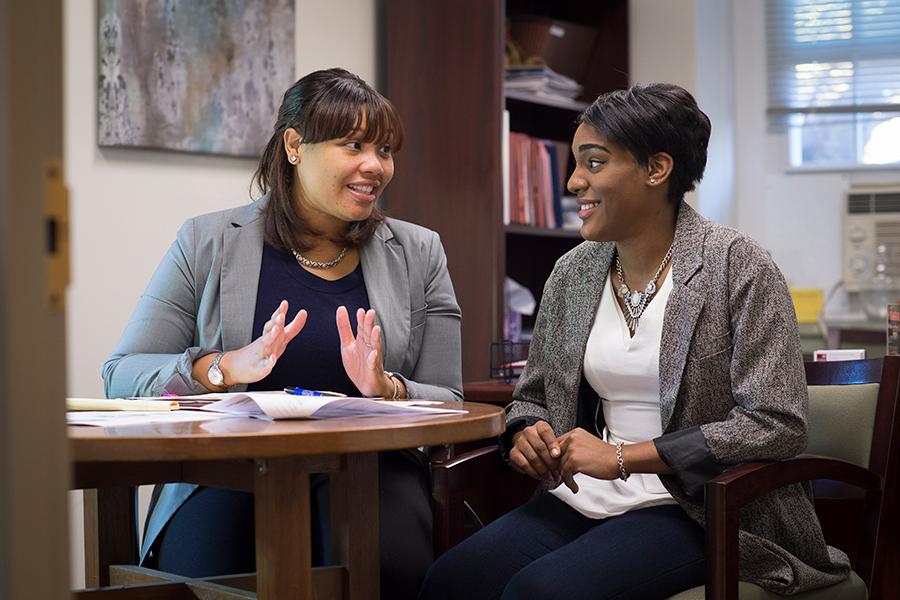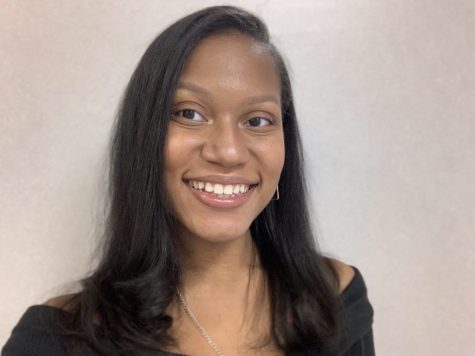Preparing for course selections
March 22, 2021
The time has come once again to pick classes for next semester and it’s time to ask yourself all the important questions you may have around course selections such as how many classes you should take, if double majoring or declaring a minor is possible for you, or if you’re even on track to graduate. It’s best to be as informed as possible to get the most out of course selection season.
If you’ve officially declared your major, then you should have a faculty advisor in your department to help steer you on the right path when selecting your courses. However, if you’re a new student or undeclared then you’ll have to go to an advisor in the advisement center for assistance.
Laurie Wenchell, the Senior Director at the Center for Advising and Academic Services, asks students to do their part in using the school’s available resources to check on their degree progress.
“First, use the tools you have available to keep you on the path to graduation, your Academic Advisors as a resource for all kinds of questions, PeopleSoft so you know what your academic record looks like, if you have holds, if you have ‘to do’ something for any reason, and for your Degree Progress Report to track if you are completing degree components like the Core and your major, and the College Catalog for details about policies and options for multiple interests,” Wenchell said through email.
What are some options that students have moving forward? With the college’s announcement that in-person classes will fully resume in the Fall 2021 semester, some students may be wondering what course selections will look like. The college’s course registration page describes the modes of instruction that the college will have going forward. The pandemic has changed how and where we learn best, and the college’s additional modes of instruction show that they’re taking that into consideration.
The four type of courses being offered are traditional courses, hybrid courses, distance learning courses and service-learning courses.
The traditional courses are just like those that the college offered prior to the pandemic and for the duration of the 2020-2021 school year. These courses are ones where students attend in-person synchronously and their designated time.
The hybrid course format is something that most students may be familiar with. In hybrid courses, some classes will be on campus while others are online. For example, a class with a traditional Tuesday, Thursday, Friday schedule will most likely only meet in-person on Tuesdays and Thursdays while Fridays will be reserved for an online session through Blackboard.
Distance learning is the newest option brought on by the pandemic and only certain classes will be designated as distance learning going forward. In these courses, there are no on-campus class sessions and students can access their courses anywhere as long as they have a stable internet connection.
Lastly, service-learning course combines academic content, community service and strategic reflection into one course. This kind of course directly focuses on community service and strengthening communities.
Open enrollment for the fall semester has already begun and Wenchell gives some final advice for students getting ready to pick their courses for the fall.
“I hope that students will talk about all of their interests with their advisors early, and be open to the multiple paths that might exist for options moving toward degree completion,” Wenchell said through email. “The chosen major doesn’t have to define what you will do in your career or even your first job, but your ability to try new things, find out what you’re good at, and what you find worth pushing yourself to achieve, is something that will give students the confidence to pursue new and interesting options that open up possibilities during and after school.”




